Last week a witty and erudite speaker said that the curriculum was the sturdy chassis on which every school journey travels, which I thought was rather good. All right, it was me, but a good image, no? Spanish and business studies, history and PE, maths and drama, the whole boiling gives form to our days and directs our thoughts, young and old, diligent and dilettante. We are rightly obsessed with the curriculum at Tallis.
When I was clawing my way up the greasy pole I spotted that the Curriculum Deputy was the Big Beast. The person who wrote the timetable seemed to have command of time and space and no bright idea from a Head of Department in a hurry could get anywhere without his gracious assent (the ones I knew were all men). In the old days they organised cover as well, so when one of your team fell off the twig you hoped you were in his good books and wouldn’t have to do it all yourself or be sent someone notoriously useless.
I was, of course, mistaking the timetable for the curriculum, despite being obsessed with the curriculum of my own department which I enjoyed writing and explaining to anyone who’d listen. Planning interesting, coherent learning which would be engaging at school and useful to build on in later life is wonderful work. Getting children to think like theologians and philosophers – the stories I could tell.
I thought I’d never get a Deputy Head post without being able to timetable, however, so badgered the man. He gloomily showed me an runic A3 sheet, so I decided I’d better go on a course. This was a three-day residential in the Lakes, led by a retired DH who also ran air traffic control for Carlisle Airport. It became clear to me within minutes that my mental wiring was unsuited to this particular task and I despaired quietly in a corner. It didn’t stop me getting a DH post in a school that managed things differently, though. That you don’t need to be able to do everything yourself is useful learning in itself. Trust the experts, keep them close.
Why burden you with this? My first headship was in a school that was in a bit of a state. I decided that rebuilding the curriculum in all areas from first principles, employing quality thinkers and setting the school on the right rails would be all for the good. This wasn’t universally accepted by those who wanted quicker wins: common at the time and remaining so for a long time. The more prescriptive the curriculum and pedagogy from the DfE and the more focused Ofsted became on outcomes, the more likely it was that curriculum = timetable + assessment + results. Content was secondary, assumed.
This partially changed after 2010 and again in 2019. Gove’s curriculum reforms, no matter how crassly conceptualised, did at least put subject learning back in the discussion. Ofsted’s move to inspecting the quality of the curriculum from 2019 forced everyone to think about content, planning, sequencing and real learning, as well as exams. It's turned formulaic, but it’s better than not thinking at all.
Tallis has a great curriculum built on skilled and imaginative teaching, challenging content, engagement and, for many children, good results. We focus on the idea that teachers broker the big ideas of subject learning to young people. Our threshold concepts encourage them to tackle a subject’s infrastructure and to learn to think like scientists, mathematicians, artists, designers and philosophers. Nonetheless, we never really know whether anything stays with learners, to inform their thought processes for the rest of their lives or whether it’s all temporary; like the location of Spanish, things that slip your mind.
But what about the exams? Is good learning more important or good results? What is the priority? Obviously, a combination of both. But embedding a concept, even a fact in a child’s brain is a complex procedure that has to begin with them really understanding it. I scraped through my university final paper in New Testament Greek by learning the passages off by heart so I could recognise them, but I didn’t understand the language. It wasn’t learning in any real sense.
Our education system still hasn’t found the right balance between learning and exams. Partly, yawn, how many times have you had to endure me saying this, it’s because we don’t know what education is for. But I think it’s also because we don’t have any real longitudinal studies that measure the effectiveness of different approaches. Perhaps the Education Endowment Foundation, upon which much policy depends, will generate that in years to come, but research depends on the measuring of different approaches and it is very risky for a school to try another way. It may not even be legitimate.
Two better speakers than me last week debated this in front of a rapt audience. Is it ever right to take risks with children’s learning, to try untested methods? One said yes, how else would we learn and develop for the better? The other said absolutely not – children only get one shot at exams and they need teaching that’s proved to work. Perhaps the answer depends on your view of education: is it an academic discipline or a public sector target delivery mechanism? What happens if experiments go wrong? What happens if the system goes wrong? Given that children are always the winners or losers in the long or short term, shouldn’t we know more?
Whatever the answer, we need thinkers and quality teachers to build onto the sturdy chassis, not just for a trundle through the inevitable, but a smooth, high quality journey to the best destination. Our young people need us to get this right, not just for school but for their lives as reflective human beings. It takes thinking to help people to want to understand the world and change it for the better.
CR
9.2.24

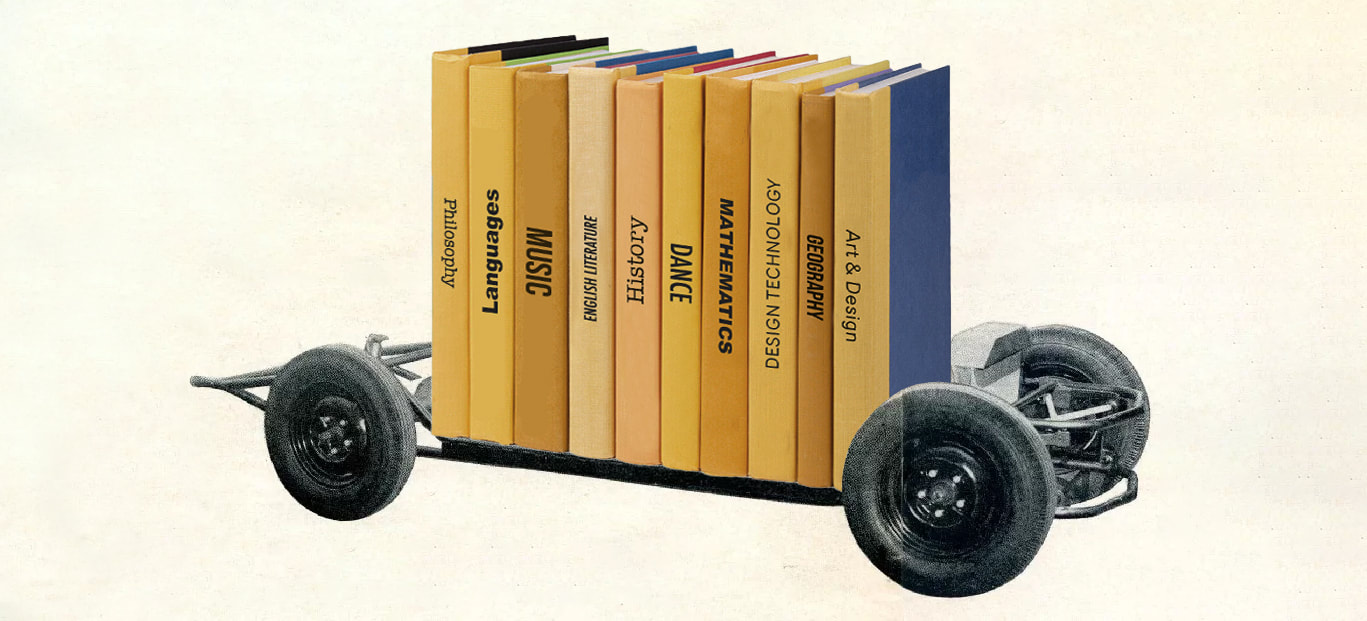

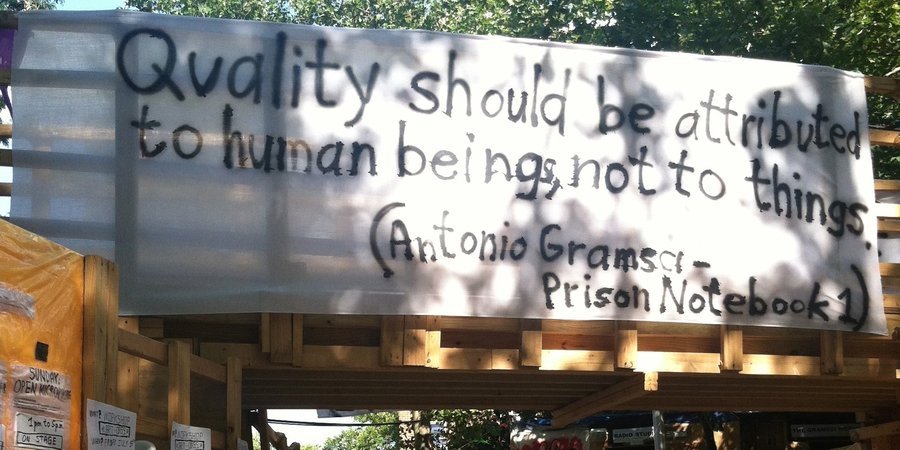
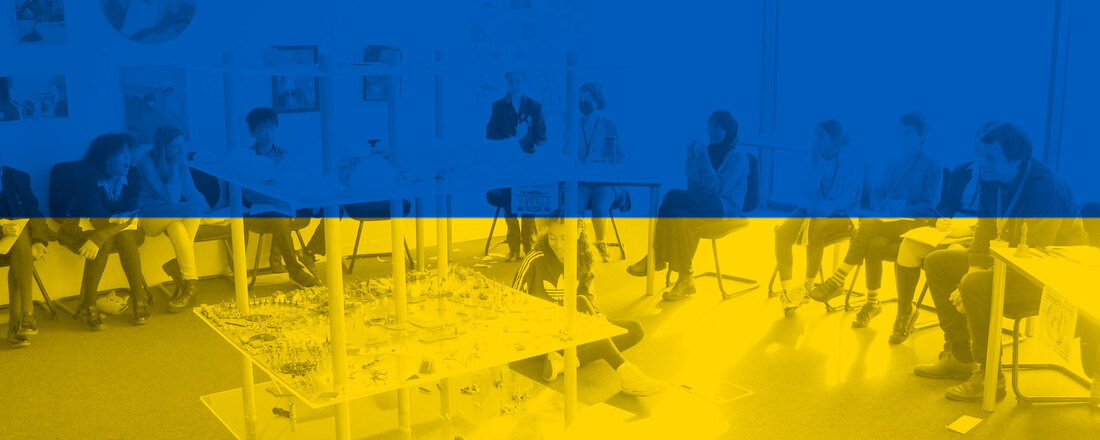
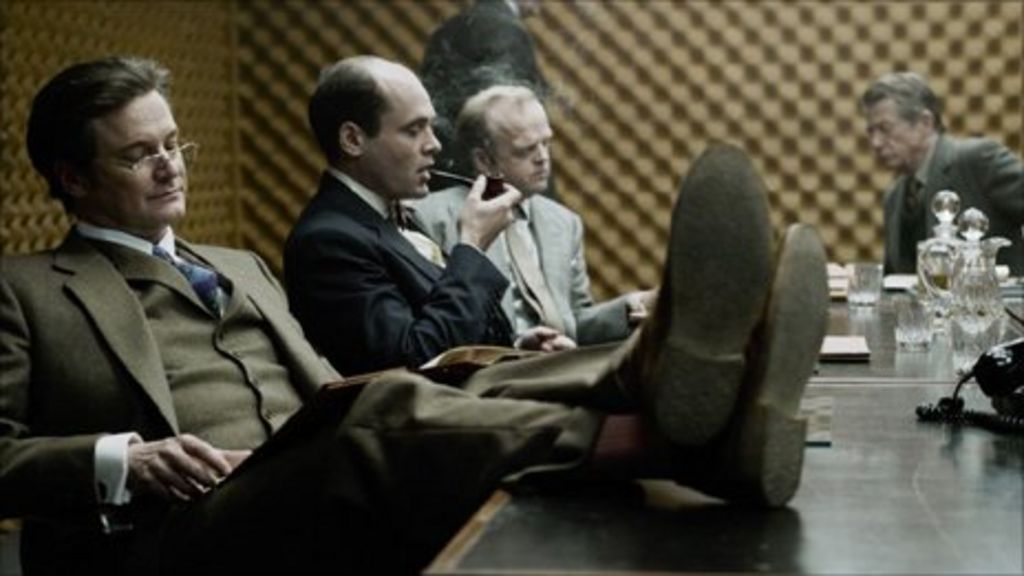



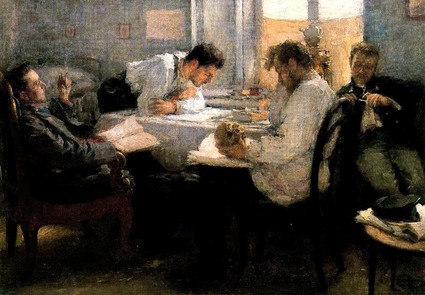


 RSS Feed
RSS Feed